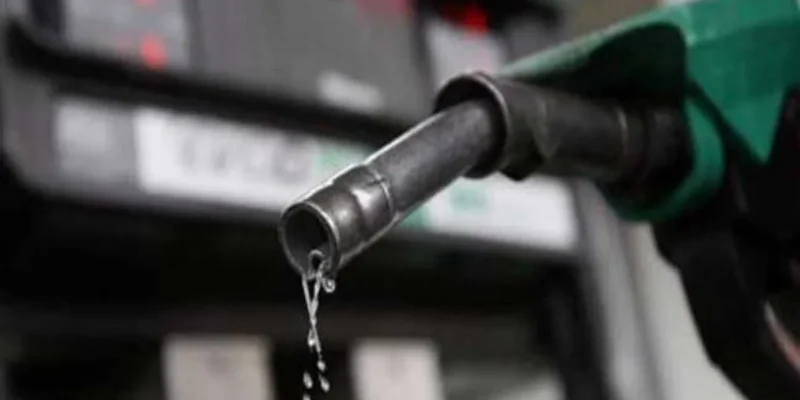ABUJA — The price of Premium Motor Spirit (PMS), popularly known as petrol, is approaching ₦1,000 per litre across Nigeria, sparking outrage among consumers and blame-trading among key players in the downstream oil sector.
On Monday, pump prices at Nigerian National Petroleum Company Limited (NNPCL) retail outlets reportedly jumped by ₦65 — from ₦890 to ₦955 per litre — in Abuja, Nasarawa, and Kogi States, intensifying pressure on Nigerians already grappling with rising living costs.
This spike follows a weekend adjustment by independent filling stations like Ranoil, AA Rano, Shema, Empire Energy, and Optima, who raised their prices to between ₦950 and ₦971 per litre in the Federal Capital Territory, according to reports.
Global oil benchmarks such as Brent and West Texas Intermediate (WTI) have seen a price dip, falling to $68.70 and $66.24 per barrel respectively — adding a global twist to Nigeria’s local fuel price crisis.
Speaking on the development, key oil industry stakeholders offered conflicting explanations for the hike.
Chinedu Ukadike, spokesperson for the Independent Petroleum Marketers Association of Nigeria (IPMAN), blamed the worsening exchange rate and rising ex-depot prices from private depots and the Dangote Refinery.
“Fuel prices went up due to forces of demand and supply,” Ukadike explained. “Depot owners are adjusting prices in response to the dollar exchange rate, and Dangote Refinery’s pricing is a major factor. On Friday, ex-depot prices were as high as ₦858 per litre at Dangote, ₦870 at NIPCO, ₦855 at Aiteo, and ₦865 at Ranoil.”
On the other hand, Billy Gillis-Harry, National President of the Petroleum Products Retail Outlets Owners Association of Nigeria (PETROAN), pointed fingers at Dangote Refinery’s pricing model.
“We should be looking at proper fuel pricing because what the Dangote Refinery is doing is not proper pricing,” he said.
Growing Concern Amid Deregulation
The Nigerian downstream oil industry, now deregulated, is heavily influenced by global crude oil prices, exchange rates, and supply-demand dynamics. The recent fuel hike underscores the volatility of the market and the vulnerability of consumers in the absence of subsidies or price controls.
As fuel prices inch dangerously close to ₦1,000 per litre, pressure continues to mount on the federal government to step in and stabilize the sector, or risk further economic strain and public backlash ahead of the 2027 elections.

Comments